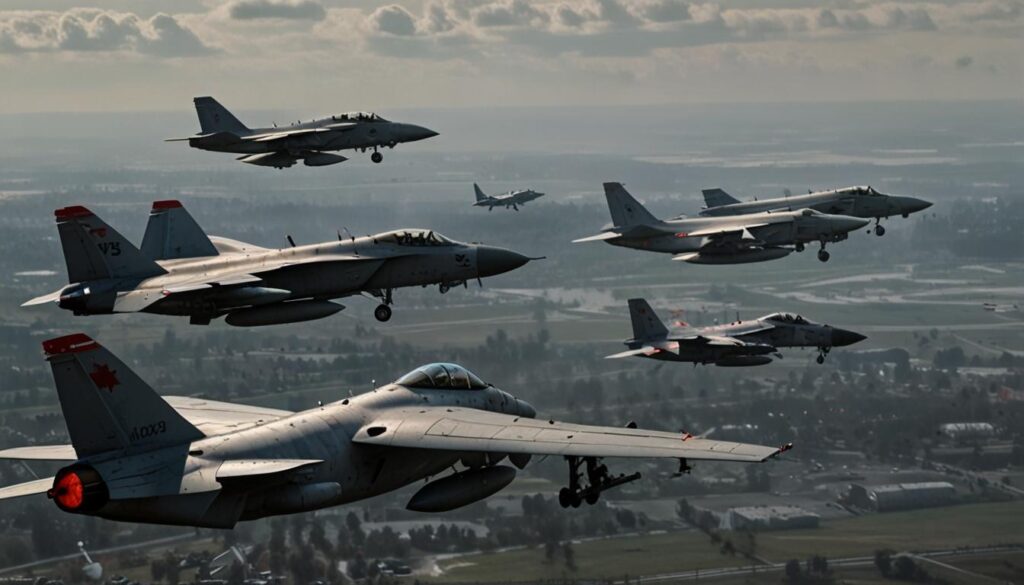Artificial Intelligence (AI) is revolutionising modern warfare, with autonomous weapons and enhanced capabilities reshaping defence strategies. As AI’s role expands, ethical and legal considerations become paramount in ensuring responsible use in military operations.
The Rise of Artificial Intelligence in Modern Warfare
Artificial Intelligence (AI) is transforming modern warfare, introducing new capabilities and changing defense strategies. Key developments include the creation and deployment of autonomous weapons, systems capable of selecting and engaging targets without human intervention. These range from drones and unmanned vehicles to advanced missile systems, bolstered by advances in machine learning, sensors, and computational power.
Early Development and AI Integration
Initial innovations included remotely piloted vehicles like the Predator drones used by the US military in the early 2000s. The integration of AI marked a significant leap, allowing systems such as the US Navy’s Sea Hunter to perform missions autonomously. Modern autonomous weapons can process large amounts of data in real-time, achieving high precision in targeting and minimising collateral damage.
Benefits and Capabilities
AI-driven systems enhance operational efficiency by acting as force multipliers, allowing continuous 24/7 operations without fatigue. In high-stakes situations, the ability of AI to make rapid decisions within milliseconds is crucial, especially in missile defense and electronic warfare.
Ethical and Legal Considerations
The use of autonomous weapons raises ethical and legal issues, particularly regarding accountability and decision-making in lethal situations. Critics argue that machines should not make life-and-death decisions due to their lack of moral judgment. Proponents suggest AI can reduce human errors and biases. Nevertheless, autonomous systems’ rapid decision-making could lead to unintended escalation, highlighting the need for robust safeguards.
Notable Deployments and Developments
The US Department of Defense’s Project Maven uses machine learning to analyze drone footage, improving operational efficiency. Russia’s Uran-9 unmanned combat vehicle and China’s Ziyan Blowfish A3 autonomous helicopter drone exemplify significant strides in military AI development.
Future Prospects
AI’s role in warfare will grow, with more sophisticated autonomous weapons executing complex missions and enhanced human-AI collaboration. However, ethical and legal frameworks must evolve to address these developments. International regulations, such as those being discussed by the United Nations, aim to govern the use of AI in warfare responsibly.
Conclusion
AI’s integration into modern warfare offers substantial benefits but poses significant ethical and legal challenges. As the technology advances, the balance between harnessing AI’s potential and ensuring its ethical use will shape the future of warfare.

